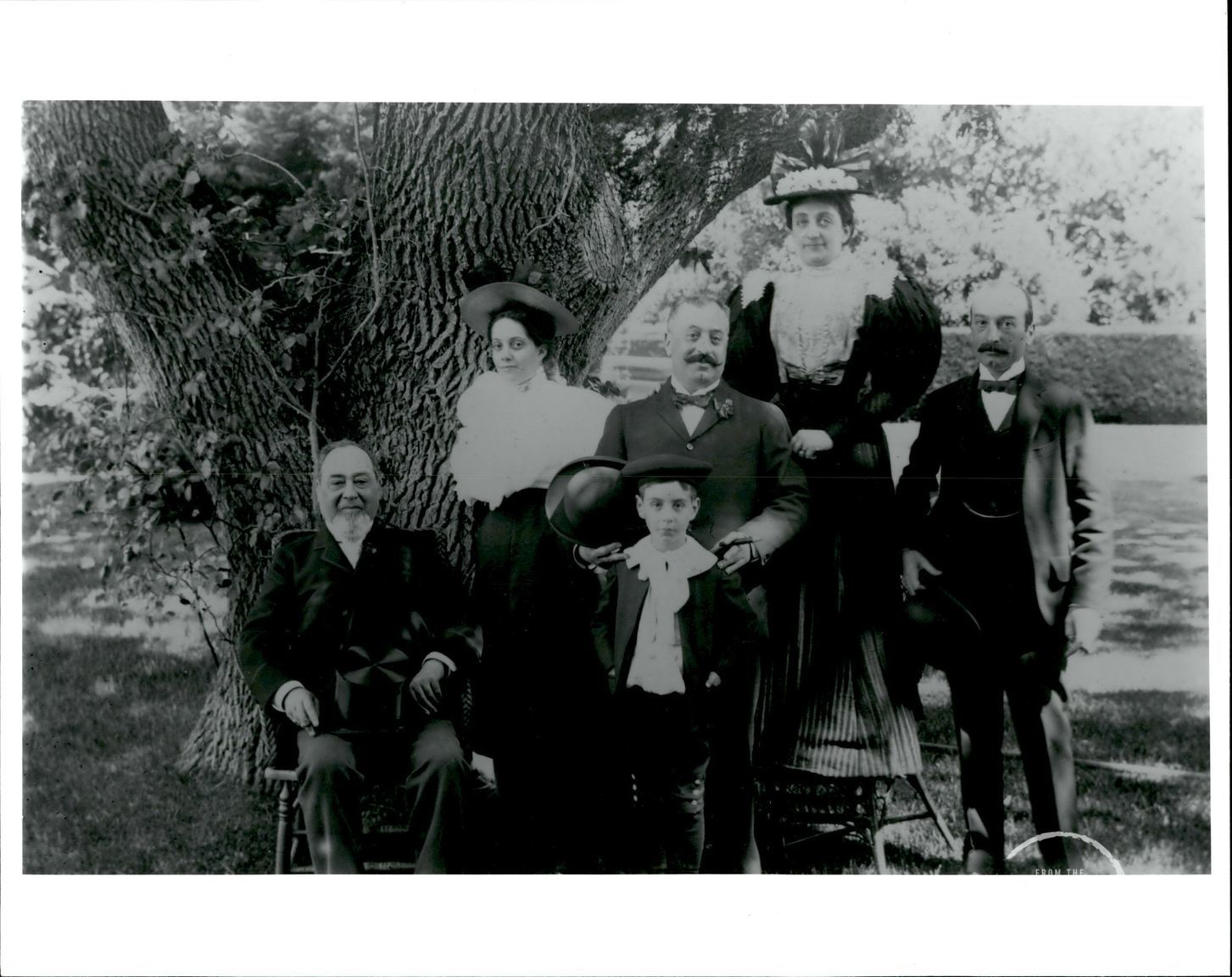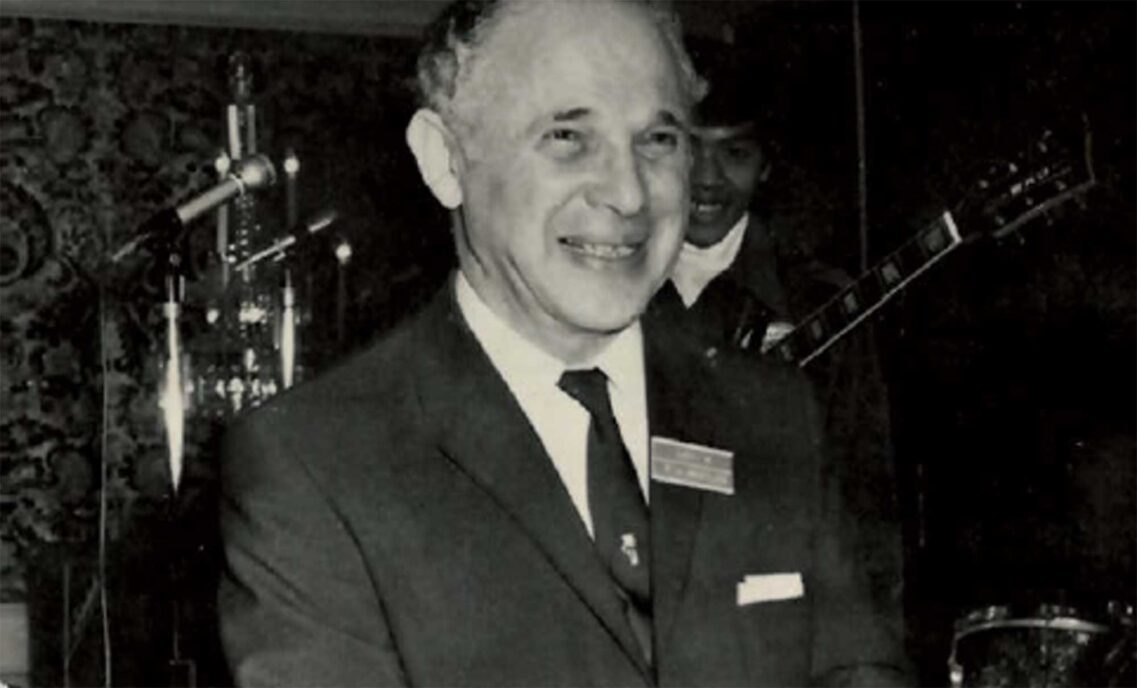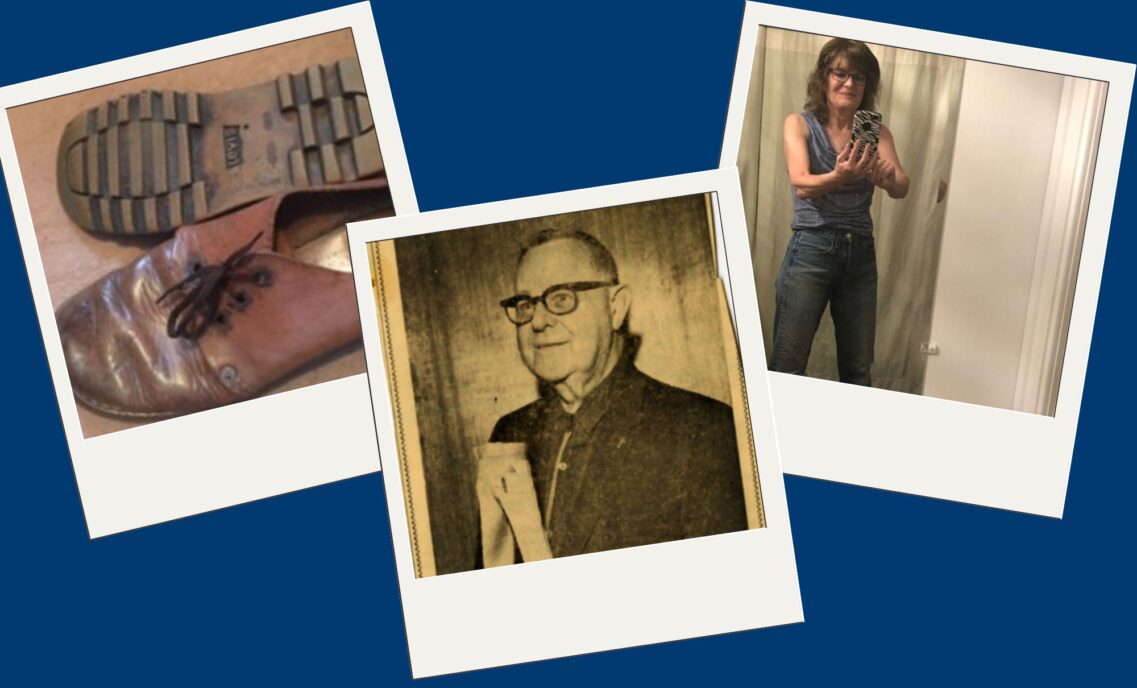Levi Strauss, the inventor of the quintessential American garment, was born in Buttenheim, Bavaria on February 26, 1829 to Hirsch Strauss and his second wife, Rebecca Haas Strauss; Levi had three older brothers and three older sisters. Two years after his father succumbed to tuberculosis in 1846, Levi and his sisters emigrated to New York, where they were met by his two older brothers who owned a NYC-based wholesale dry goods business called “J. Strauss Brother & Co.” Levi soon began to learn the trade himself.
When news of the California Gold Rush made its way east, Levi journeyed to San Francisco in 1853 to make his fortune, though he wouldn’t make it panning gold. He established a wholesale dry goods business under his own name and served as the West Coast representative of the family’s New York firm. Levi eventually renamed his company “Levi Strauss & Co.”
Around 1872, Levi received a letter from one of his customers, Jacob Davis, a Reno, Nevada tailor. In his letter, Davis disclosed the unique way he made pants for his customers, through the use of rivets at points of strain to make them last longer. Davis wanted to patent this new idea, but needed a business partner to get the idea off the ground. Levi was enthusiastic about the idea. The patent was granted to Jacob Davis and Levi Strauss & Company on May 20, 1873; and blue jeans were born.

Levi carried on other business pursuits during his career, as well. He became a charter member and treasurer of the San Francisco Board of Trade in 1877. He was a director of the Nevada Bank, the Liverpool, London and Globe Insurance Company and the San Francisco Gas and Electric Company. In 1875, Levi and two associates purchased the Mission and Pacific Woolen Mills.
He was also one of the city’s greatest philanthropists. Levi was a contributor to the Pacific Hebrew Orphan Asylum and Home, the Eureka Benevolent Society and the Hebrew Board of Relief. In 1897 Levi provided the funds for twenty-eight scholarships at the University of California, Berkeley, all of which are still in place today.
At the end of the 19th century, Levi was still involved in the day-to-day workings of the company. In 1890 — the year that the XX waist overall was given the lot number “501®” — Levi and his nephews officially incorporated the company.
Levi Strauss passed away on Friday, September 26th 1902. His estate amounted to nearly $6 million, the bulk of which was left to his four nephews and other family members, while donations were made to local funds and associations.
We’re proud to honor Levi Strauss’s legacy by celebrating his commitment to community, philanthropy and an unswerving devotion to quality. To this day, Levi Strauss & Co. strives to align itself with the same principles that guided Levi’s life.







